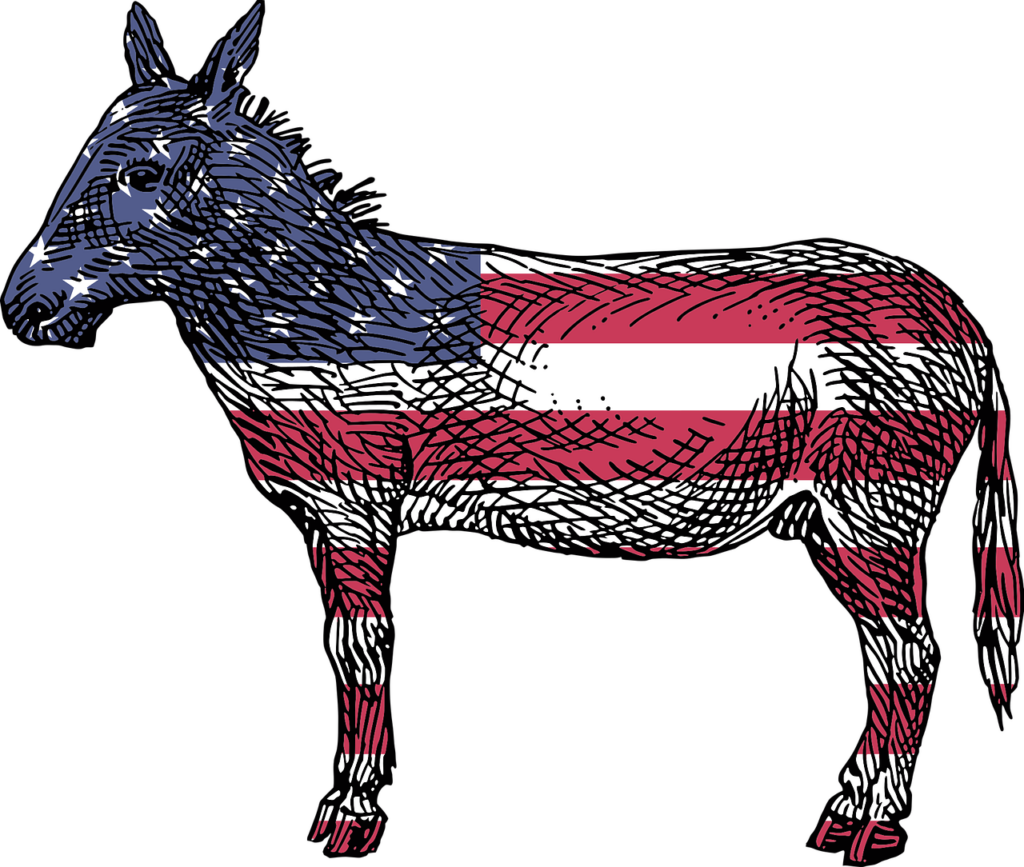Edwards, T., Giannelis, A., Willoughby, E. A., & Lee, J. J. (2024). Predicting political beliefs with polygenic scores for cognitive performance and educational attainment. Intelligence, 104, 101788. https://doi.org/10.1016/j.intell.2024.101788
1. Intelligence and Left-Wing Views
The article presents evidence suggesting that individuals with higher IQ and genetic markers of intelligence are more likely to adopt left-wing views. According to Kim’s Five-Stage Model, left-wing ideologies generally align with Stage 2 emotional development, characterized by meritocratic and egalitarian beliefs but potentially marred by biases concerning individual capability and socioeconomic status. The study’s findings seem to reinforce the perception that intellectual capability is linked to more liberal views; however, Kim’s model would caution against conflating cognitive intelligence with emotional maturity.
2. Complexity and Limitations of IQ as a Marker
Kim’s developmental model highlights that while cognitive intelligence (IQ) and emotional intelligence (EQ) may correlate, they are fundamentally distinct dimensions. High IQ does not inherently equate to emotional maturity. Indeed, the article acknowledges IQ’s limitations and warns against using IQ as a definitive measure of overall intelligence or emotional development. Kim’s framework would support this caution, emphasizing that political ideologies and biases result from a complex interplay of emotional, cognitive, and environmental factors.
3. Extremes on Both Sides of the Political Spectrum
Despite associating intelligence with left-wing views, Kim’s model clarifies that extremism and prejudice can occur on both ends of the political spectrum, representing lower emotional development stages (Stage 1 and 2). Thus, intellectual capacity or high IQ alone does not safeguard individuals from emotional immaturity, prejudicial thinking, or lack of empathy. History and contemporary politics include examples of intellectually capable individuals endorsing extreme or harmful ideologies, reinforcing Kim’s caution against equating intellectual ability with emotional or moral superiority.
4. Dynamic Pendulum Swing in Political Views
Kim’s model further enhances the discussion by conceptualizing political views as dynamic, evolving through various stages toward emotional maturity (Stage 5). Rather than seeing left-wing or right-wing views as static indicators of intelligence or emotional development, the model views ideological shifts as part of broader societal maturation. Thus, intelligent individuals may move toward emotionally mature, nuanced political positions over time, rather than permanently aligning with a single ideological stance.
5. Conclusion and Recommendation
While the article provides significant insight linking intelligence to left-wing orientations, Kim’s five-stage model cautions against simplistic interpretations of these findings. It encourages a broader, integrated perspective that acknowledges both cognitive and emotional dimensions of intelligence. Promoting political discourse that emphasizes emotional maturity, empathy, and nuanced understanding of different perspectives might lead to healthier political engagement, transcending simplistic binaries and fostering genuine societal progress toward emotional and ideological maturity.

